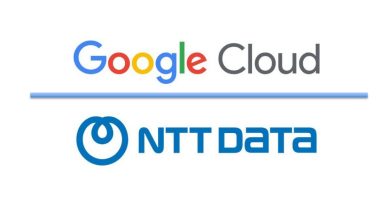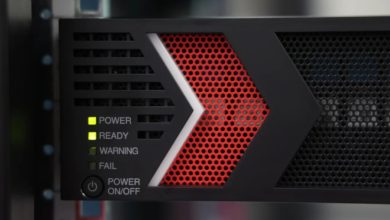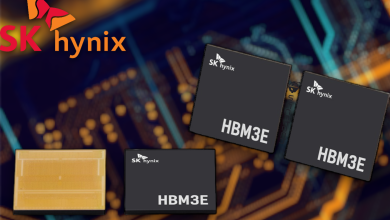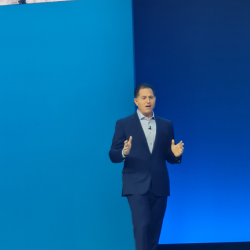
Michael Dell’s Stark Warning as He Launches Dell Technology World 2023 in Vegas.
Coming into Dell Technology World 2023 felt different from previous years, and not because of the venue change. This year, the world has been hit by generative AI mania, and we have to wonder how providers of IT infrastructure are going to position themselves around this technology that seems set to rewrite the rule books on what IT is and does.
Dell’s CEO, Michael Dell, gave a warning that if you are not already thinking about AI then your business is already running behind. Pretty clear-cut right? However, he also painted an optimistic vision of what AI means.
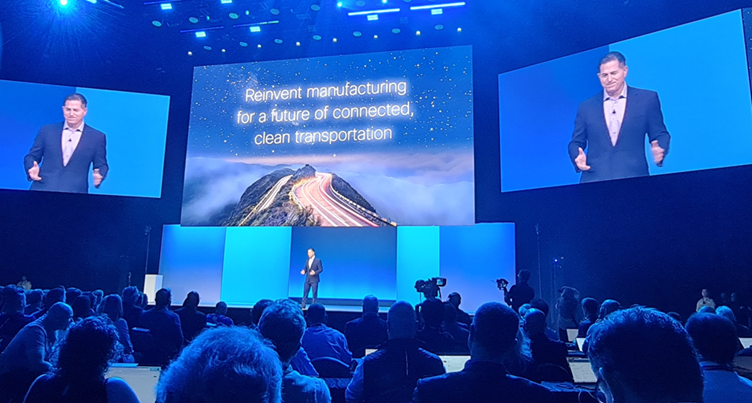
Giving the example of a bank, he explained that they are not interested in using generative AI to draw pictures or write poems. Instead, he emphasised that they want to use simplified specialist models against their own data to improve customer experience, accelerate innovation and detect fraud.
What Michael Dell explained was the business end of AI, where the generalist models currently making the headlines are less important than the specialist models that use internal data “ethically and responsibly” to accelerate and further innovation at an individual, organisation, and industry-wide level.
Later in a Q&A session, Michael along with several other Dell executives, doubled down on this position, saying that they see the future of AI very much happening on focused models with focused internal data. However, when questioned on the risks associated with massive models in the wrong hands, they were less sure about how that will be managed, citing regulation and internal policies about making sure the models don’t make it into the wrong hands.
To some extent, the question of how Dell will manage the risk associated with generative AI is a moot point. The technology is already out of the box. It is now about how it will be used, and what part Dell will play in helping companies leverage it.
According to Dell, a large percentage of AI processing will be inferencing and will happen at the edge, which is where Dell’s part to play becomes clear.
The keynote covered more than just AI. The five pillars that Michael and Dell’s Co-Chief Operating Officer, Chuck Whitten focused on were the Future of Work, Multi-cloud, AI, Edge and Security. All things Dell has spoken about before, and evidence of sustained work to deliver on promises made in previous years. These pillars are now becoming increasingly interconnected, with each one relevant to the other.
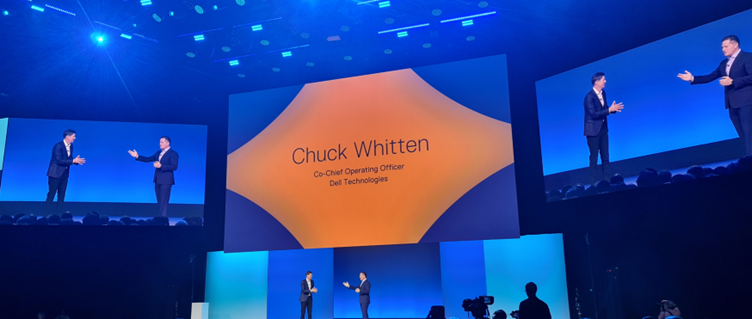
At its core, Dell continues to be the ultimate integrator, providing the hardware and know-how to build the infrastructure to facilitate all of these pillars.
With this in mind, perhaps the most significant announcements were around multi-cloud with a host of announcements around APEX which included:
- Dell Apex Cloud Platform for Microsoft Azure, Red Hat OpenShift and VMware.
- Dell APEX Block Storage for AWS and Microsoft Azure, and APEX File Storage for AWS.
- Dell APEX console enhancements, including navigators for multi-cloud storage and Kubernetes.
This is the manifestation of Dell’s Ground to Cloud and Cloud to Ground strategies, which, in the words of Michael Dell, now mean companies can build their multi-cloud by design, meaning they can achieve simplified cloud management with an integrated solution that gives consistent operations and management experience across the entire multi-cloud, from public clouds, on-prem and edge.
According to Michael, the work the company has put into these announcements means that the whole concept of multi-cloud is no longer a tagline, Dell is making it real. He asked us to imagine a future where all of our clouds come together to look like one system. This is where APEX and Dell Powerflex software are heading.
When we look at the announcements, we can see that Dell has made a lot of progress in this direction, and if you are a Dell “shop” there are material ways that you can manage large parts of your infrastructure across different cloud environments.
But as always, the devil is in the detail, and while there is no doubt that Dell has made huge strides forward to this nirvana, the days of a single pane of glass to manage all resources, applications and infrastructure on all clouds across every platform are still some way off.
The idea of ubiquitous storage across all cloud platforms is probably the biggest single thing that needs to happen to enable true multi-cloud management, and sharing data easily across any cloud will be critical. To that end, Dell’s announcements on APEX storage for public cloud are significant. Especially when you consider that when questioned on whether the new wave of AI really is going to have an impact on things like the PC or the Internet, Michael confirmed he believes so, but also pointed out that what we are seeing with AI is a manifestation of the promise of data, and that these new AI models are going to increase the amount of data we create even more as we feed and teach these models.
Case studies presented showcasing Dell’s work with Hyundai and also Light House (on the Avatar movie), served to solidify this point, with the message being loud and clear, the innovations they achieve, from personalising the driving experience to creating the virtual movie effects are dependent on collecting, sharing and using enormous amounts of data.
Dell’s APEX storage announcements create a reality where even block-level storage could be shared across a disparate multi-cloud.
Michael Dell’s keynote set out the company’s “stall” for the future; they intend to be at the heart of the infrastructure that is going to power human and technical innovation.
He, being an eternal optimist, believes that, just as we always have done before, we will use these existential technologies for good and that Dell’s mission to power new levels of human innovation will see these technologies improve economic outlook and drive innovation to make our lives better.
It may be a view that is tinted by rose-coloured spectacles, but Dell is a technology company. Its purpose is to facilitate our ability to leverage emerging technologies. The responsibility of ensuring the ethical usage of these technologies primarily lies with other entities, such as regulators.
At the end of the keynote session, we had visibility into where Dell is headed, and for those people developing their own IT strategy, aligning with Dell’s thought leadership is helpful. Companies will need to innovate at pace, they will need to use and leverage transformative technologies, and to do so will need a new wave of flexible infrastructure, including edge and on-prem, even if all consumed on an “as-a-Service model” and that is exactly where Dell is heading and what they are delivering today.

